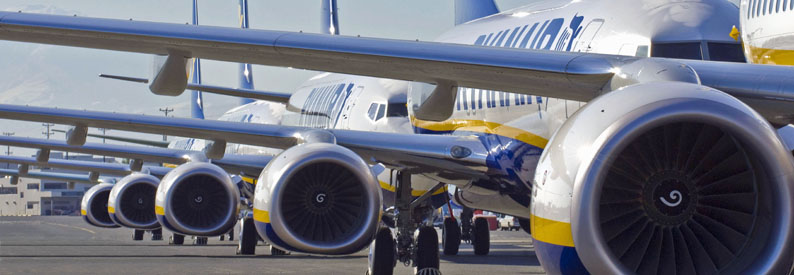More layoffs as Ryanair cuts Winter 2020/21 schedule

Ryanair (FR, Dublin Int’l) has warned of more cabin crew layoffs as it cuts a third off its winter schedule in response to further COVID-19 air travel restrictions across Europe. The airline in a statement said increased flight restrictions imposed by European Union governments have heavily curtailed air travel in Central Europe, the UK, Ireland, Austria, Belgium, and Portugal. This has caused forward bookings to weaken slightly in October, but materially in November and December. In order to maintain 70% break-even load factors on routes and minimise cash burn, the airline must now further reduce its winter schedule for November 2020 through to March 2021. Chief Executive Officer Michael O’Leary said the airline would cut its capacity from 60% to 40%. It still expects to maintain up to 65% of its winter route network, but with reduced frequencies. It is already temporarily shutting bases this winter in Cork and Shannon in Ireland, and at Toulouse Blagnac, France. It will also significantly cut the number of flights from bases including those in Austria, Belgium, Germany, Portugal, and Spain. O’Leary said Ryanair expected full-year (FY2021) traffic to fall to 38 million passengers, although this number could fall further if EU governments imposed more lockdowns this winter. Last year, it carried 150.3 million passengers. In September 2020, it had operated about 53% of its normal schedule, with passenger numbers having fallen 64% to 5.1 million from 14.1 million in September 2019. All this meant more cabin crew redundancies could not be avoided, O’Leary explained. “There will regrettably be more redundancies at those small number of cabin crew bases, where we have still not secured agreement on working time and pay cuts, which is the only alternative”. “It is inevitable, given the scale of these cutbacks, that we will be implementing more unpaid leave and job sharing this winter in those bases where we have agreed reduced working time and pay, but this is a better short-term outcome than mass job losses,” he said.
